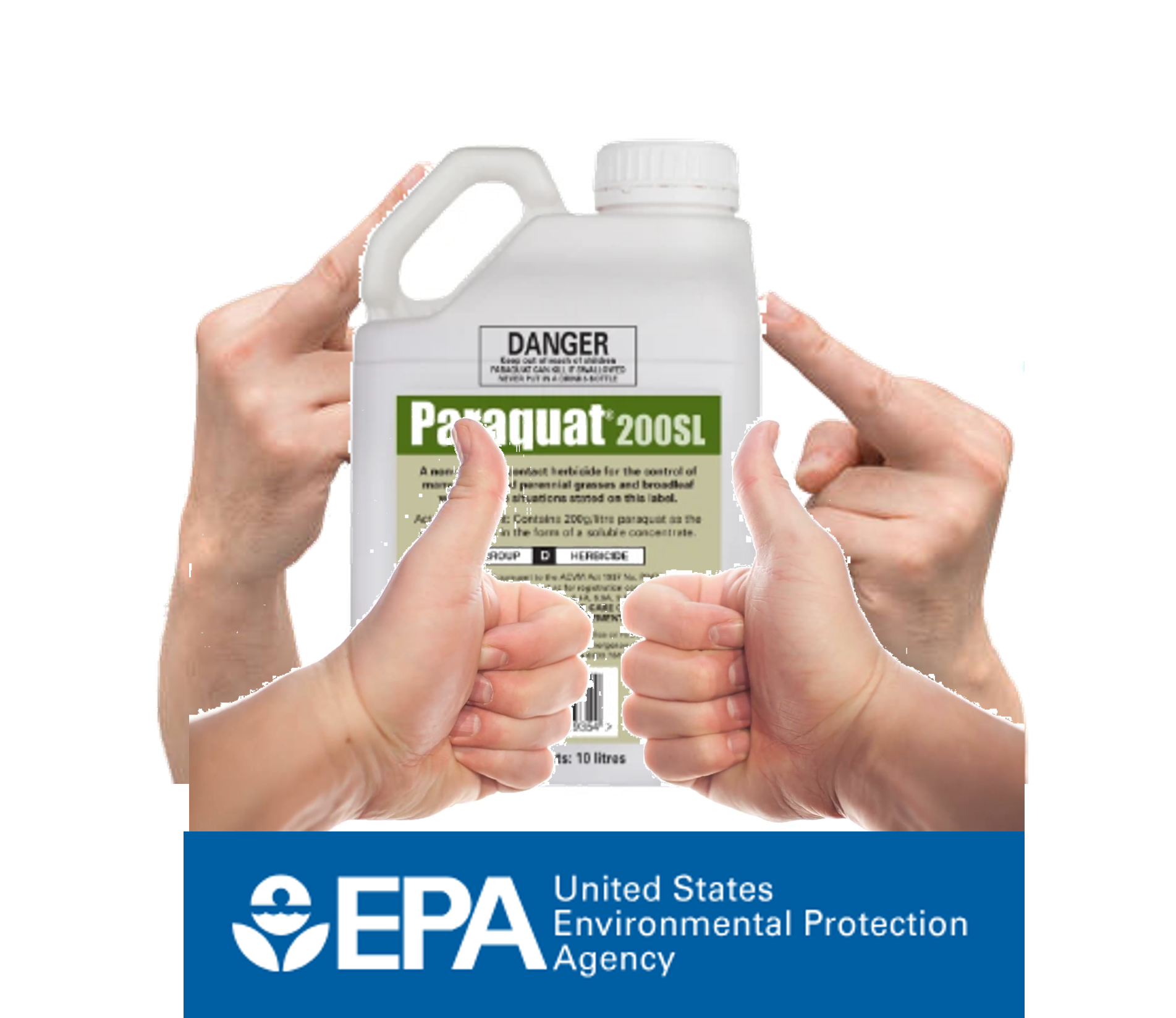
Paraquat Gets EPA Thumbs Up: Advocates Get The Agency’s Middle Finger
Paraquat Gets EPA Thumbs Up: Advocates Get The Agency’s Middle Finger
The recent EPA endorsement of paraquat, despite mounting evidence linking it to Parkinson's disease (PD), is a profound betrayal of public trust. This decision, seemingly driven by corporate interests, disregards the health and well-being of communities across the nation, fueling an intensified wave of outrage and disappointment.
The EPA's report, touting the benefits of paraquat for crop production, is a stark slap in the face to those who tirelessly advocate for environmental safety.

PD Avengers Assemble - July 2022
Updates on Paraquat Lawsuits, PMD Alliance’s “All In” Conference, the inaugural Improv for Parkinson’s Summit, Every Victory Counts guide now available in Canada thanks to a collaboration between Davis Phinney Foundation and Parkinson’s Canada and more.

